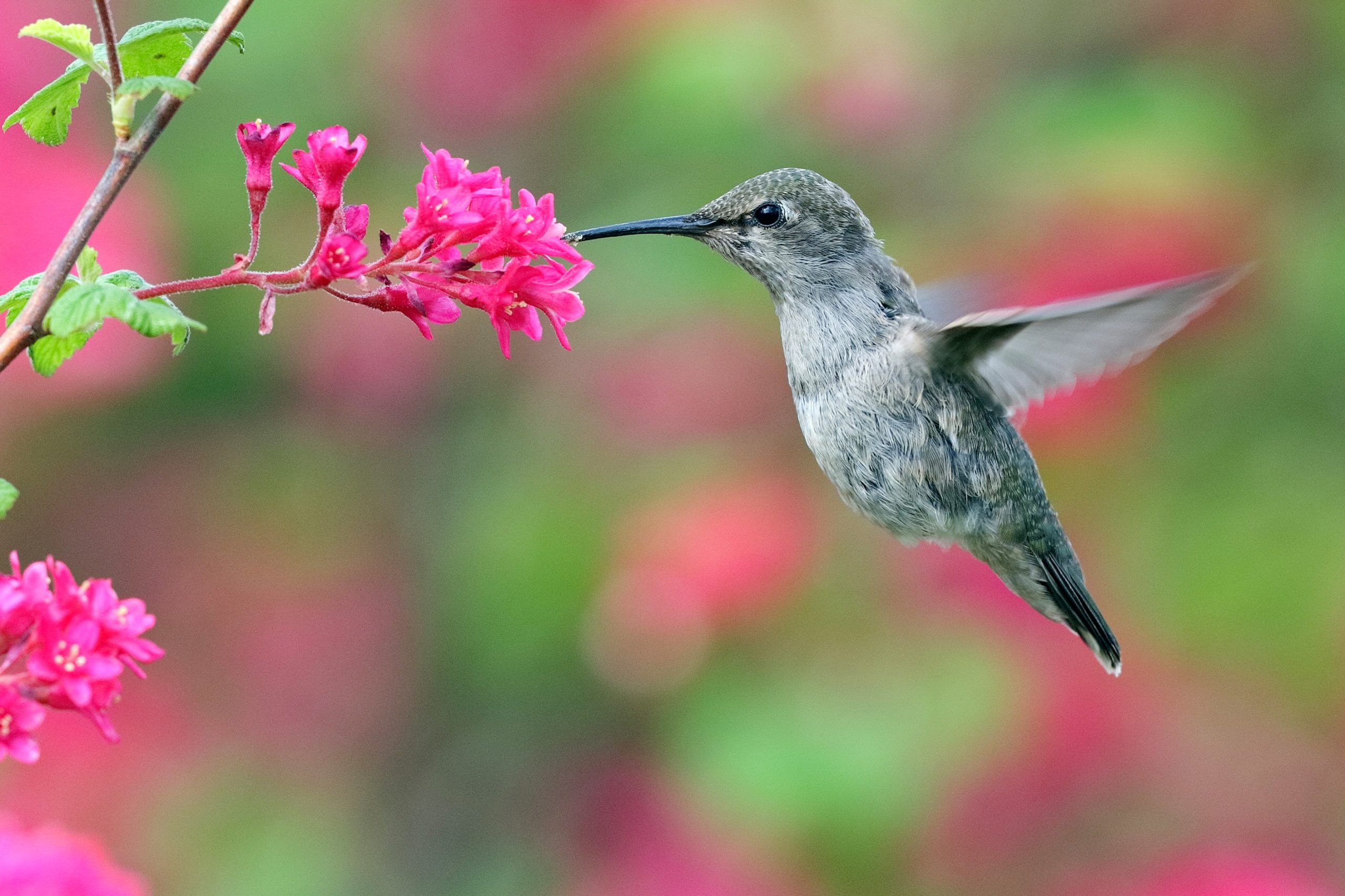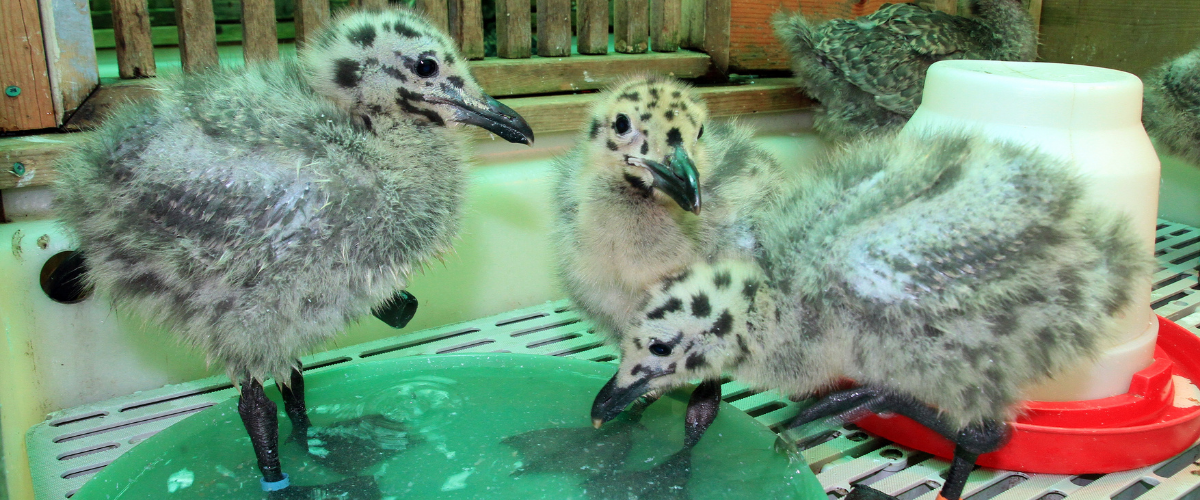Support Us
Since 1979 more than 140,000 animals have been treated by Wildlife Rescue.
Thanks to the support of individuals like you, Wildlife Rescue can provide a lifeline for animals in distress.
 Your garden can help wildlife! One way to make a significant difference for local wildlife is by allowing your yard to become a corridor of quality habitat while preparing for spring. Being intentional with your gardening can help the wildlife... Read More
Your garden can help wildlife! One way to make a significant difference for local wildlife is by allowing your yard to become a corridor of quality habitat while preparing for spring. Being intentional with your gardening can help the wildlife... Read More

Every July and August, “Gull Season” occurs in the Lower Mainland of British Columbia. Gulls like to nest on flat rooftops in Vancouver. To stay close to their main food source of fish, gulls will nest in areas near water. These rooftop sites are typically safe from predators – humans included!
Read MoreThis time of year, migrating birds choose British Columbia’s beautiful trees and forests as a spot to lay their eggs and start their families. This beautiful journey often has challenges, one being nest removal and nest disturbance.
Read MoreSpring and summer are a delicate time of year for ground-nesting birds like the Dark-eyed Junco, Hermit Thrushes, Sparrows, and Killdeer to name a few. One of the most common and easily forgotten human disturbances during spring is lawn mowing, which unknowingly harms wildlife, particularly ground-nesters!
Read MoreEvery year from around mid-March to late August, the lower mainland is filled with birds finding habitats, constructing nests, and nesting. For birds, their mating season is extremely important – after all, this is the period in which they lay eggs and watch their kids grow up!
Read More
Canada Geese mate for life and will return to the same location to nest year after year. The lack of available natural nesting sites has resulted in Canada Geese nesting on rooftops, even in busy urban environments. Here are some commonly asked questions regarding Canada Goose nesting season.
Read MoreAssess the circumstances when you first notice a baby. Take note of their energy levels and behavior to distinguish if this bird needs your help or if it should be left alone. If it is a hatchling or appears weak and quiet, it may need help. Birds parents will leave their young to collect food or water and return shortly.
Read More